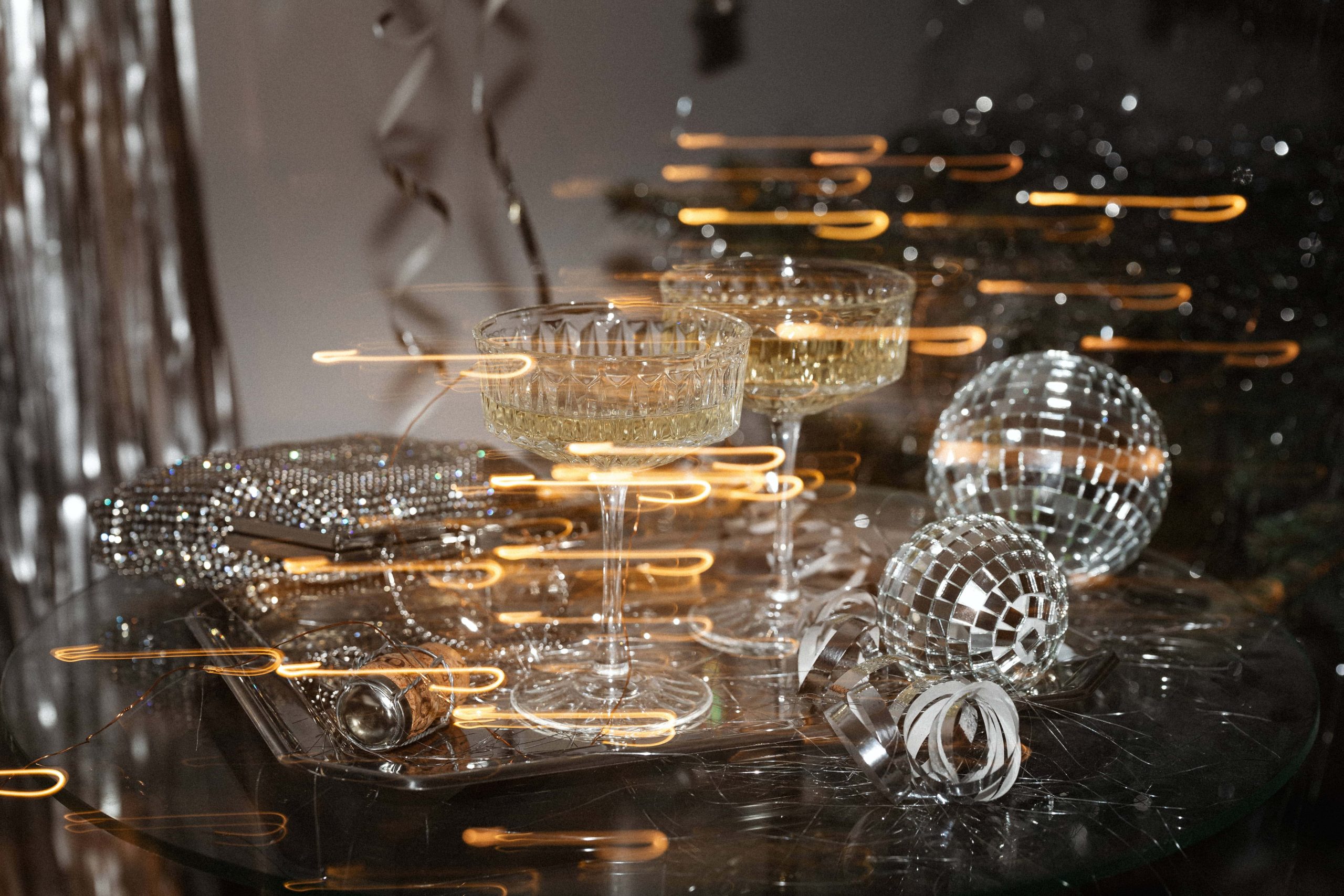“I sold my soul to reality TV’ is the chilling line left in the Twitter biography of the late Sophie Gradon, one of the stars of the second series of Love Island. Gradon committed suicide in her family home aged thirty-two, days after discussing the bullying and pressures regarding her looks and other personal features she faced as a consequence of being on Love Island. Soon people had made the connection between her death and a recent interview she had given, calling for the show’s producers to consider giving support to those on the show. Can we still say Love Island is mindless escapism, or would that be masking the underlying effects of a show which is undeniably problematic for its viewers and contestants? With a rotating cast of thirty four men and women, all of which are unattainably gorgeous and straight, there are superficial pressures placed on the contestants and a serious lack of representation. Not a fun way to escape from the pressures of everyday life but, rather, another way to burden young men and women and give them a false picture of ‘normal’ relationships.
Author Caitlin Moran has used words like ÔÇÿgaslighting’ and ÔÇÿnegging’ in order to describe some of the things which would occur in a usual episode; manipulation basically. Uncomfortably, the producers meddle with each day on the island, causing the islanders to fight, slut shame and be distressed. One particularly poignant example of this was when 2,600 complaints were received by Ofcom because Dani Dyer, daughter of Danny Dyer, was shown some misleading footage to emotionally torment her. This came shortly after Gradon’s death, showing the show has no priority except entertainment. They will continue to perpetuate slut shaming, one of the things Gradon experienced throughout her stay, and they will continue to set up an environment where contestants are made to feel self-conscious and unworthy, competing against other supermodels.
Simon Stevens, chief executive of the NHS has been a large voice in the anti-Love Island movement stating in his interview on The Andrew Marr Show that “If you look at the increasing pressures on young people, around eating disorder services, we have to think about the environment in which children are being exposed to”. This was in response to the fact that the show was along side adverts promoting breast cosmetic surgery, saying they are “playing into a set of pressures around body image that are showing up”. This, of course, shows that ITV have no interest in promoting positivity about non Love Island-like bodies, and that they only care about making an image which forces people to be absorbed in the manipulative drama. In turn, the audience inflict the unachievable look on themselves and the celebrities via Twitter.
Richard Cowles, the executive producer of Love Island generously suggested a gay spin-off of Love Island – claiming at the BAFTAs that “for a dating show, you need everyone to fancy everyone, so if you have gay and heterosexual people in the same place, they are not going to fancy each other”. Now, this is all well and good until you consider the number of islanders on the programme this year is thirty four. Cowles makes a valid statement by pointing out that straight men probably would struggle to be in a relationship with a gay man, that is kind of the point, but it baffles me that not even four of thirty-four could be gay or even LGBT+. Furthermore, his statement implies that these people have some deep emotional investment with each other when it is mostly a game of survival with a fifty-grand prize. Sort it out, Richard.
Of course, the entire concept of Love Island; a programme which trivialises love and ‘reality’ is damaging. When Charles Nduka, a plastic and cosmetic surgeon, appeared on LBC he said; “The programme is all about trying to find a partner, it is normalising the idea that to be accepted you have to look a certain way.” Love Island gives a distorted image of what ‘normal’ love is. Normal love is supposed to include mistrust, manipulation, being incredibly beautiful or handsome, being a man with a woman. Love Island is a show about survival, and the clear motive is the five minutes of fame you get whilst on the show (we all know the aftermath usually means you’ll see them make a tragic appearance your local Tiger Tiger – or on television advertising cosmetics). This means that nothing at all is honest, despite the fact the producers are behind every controversy and every set up.
By Maisie Marston



